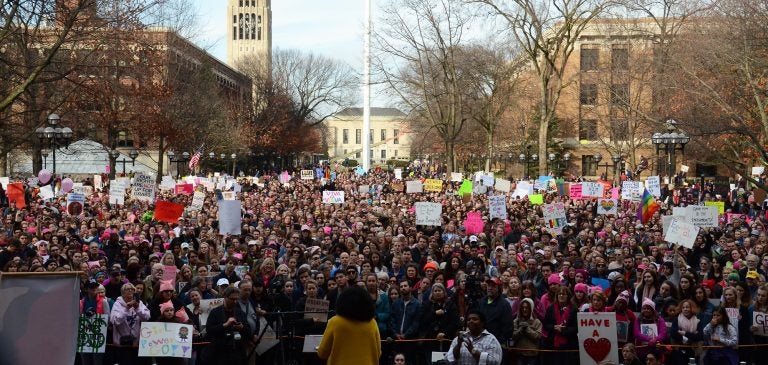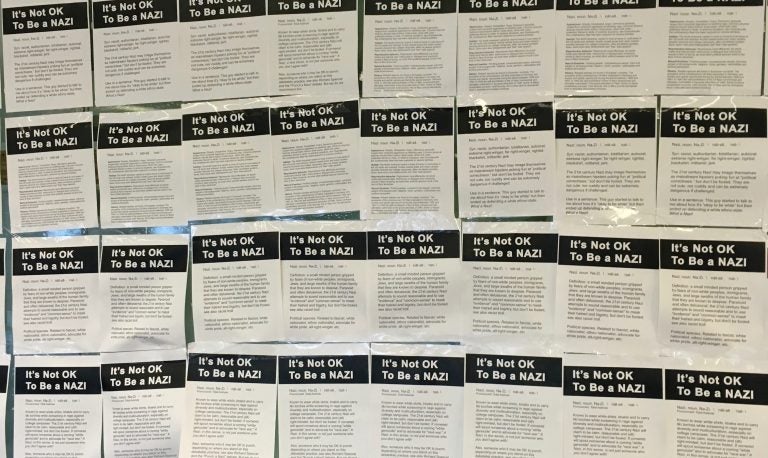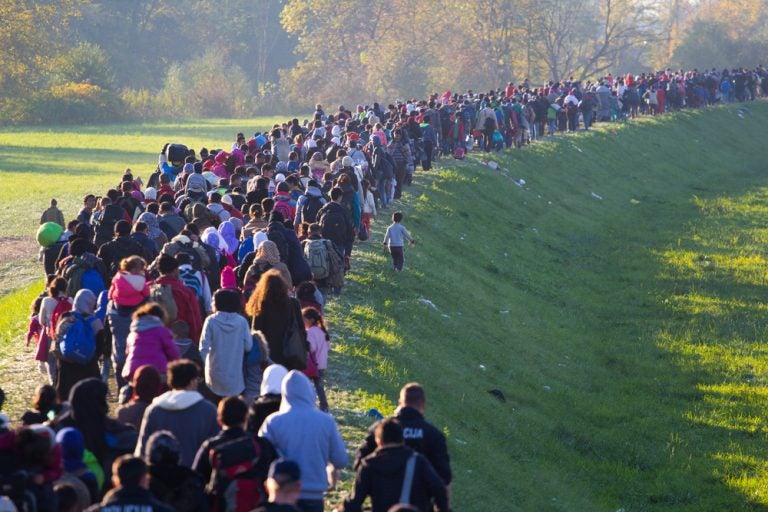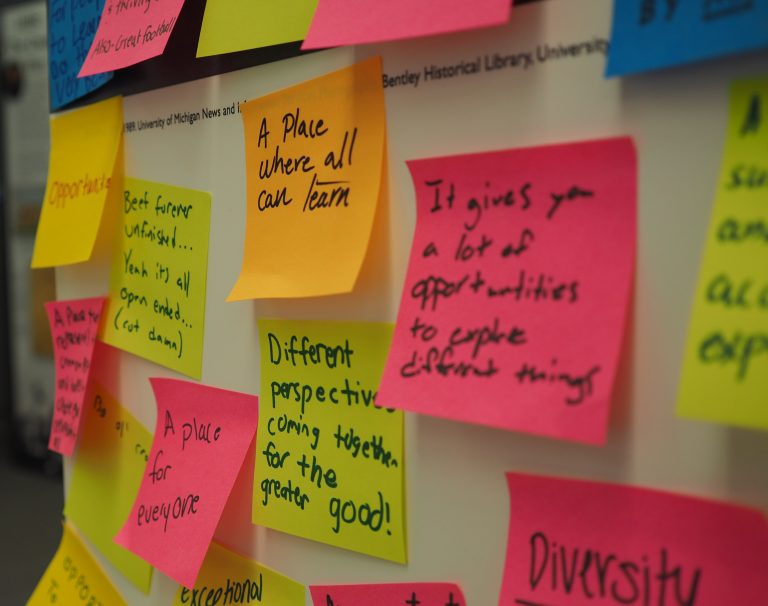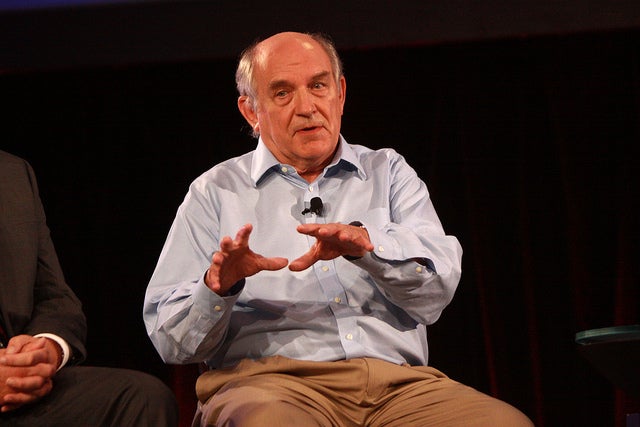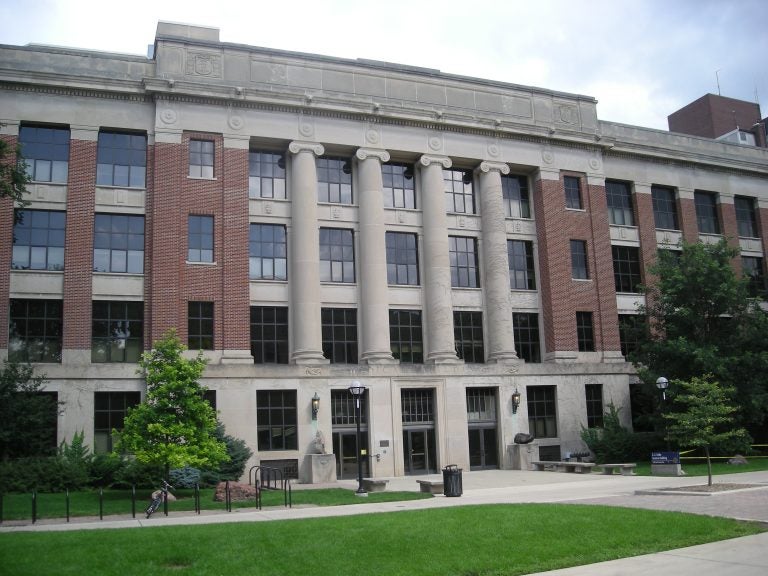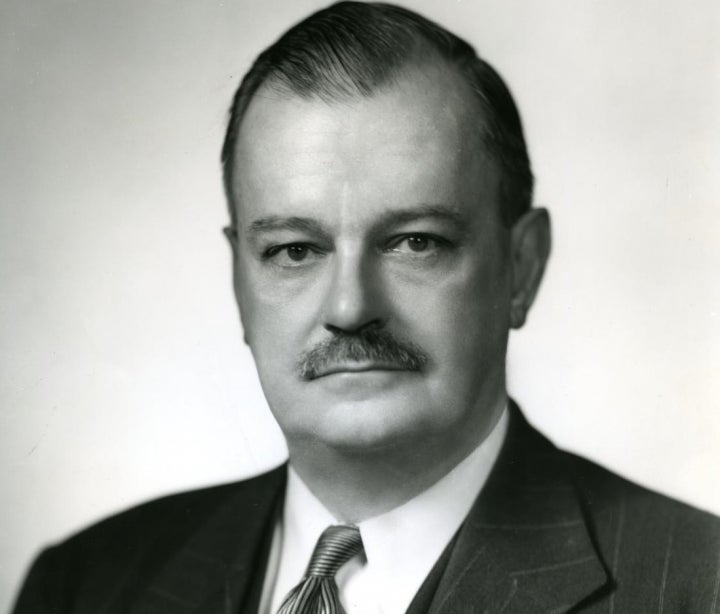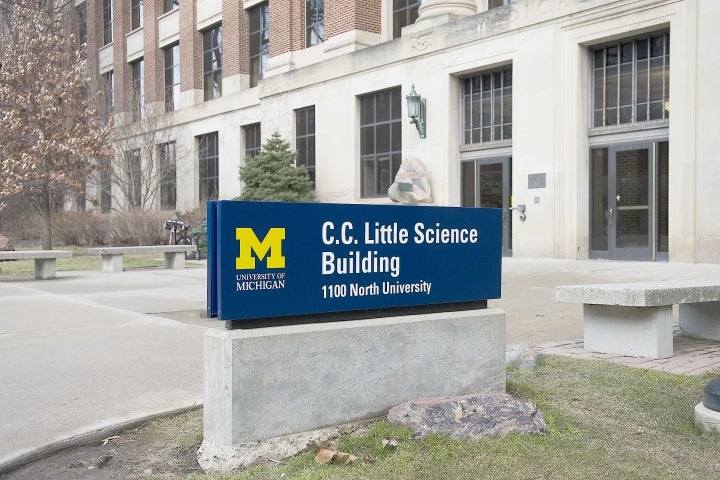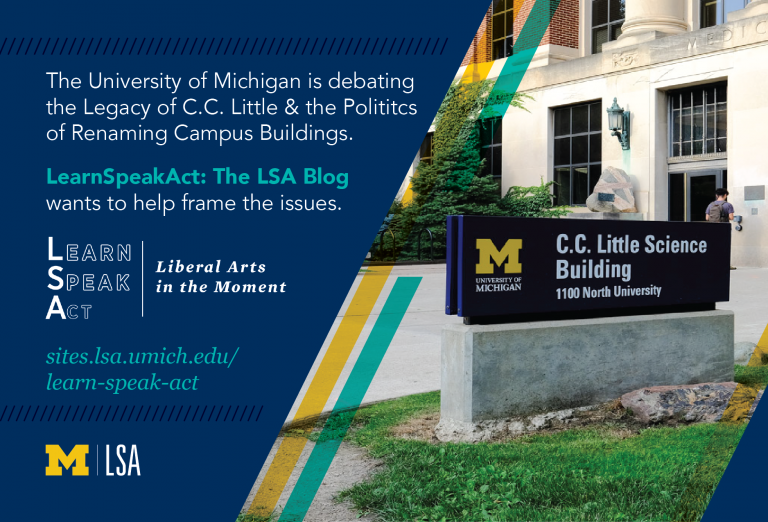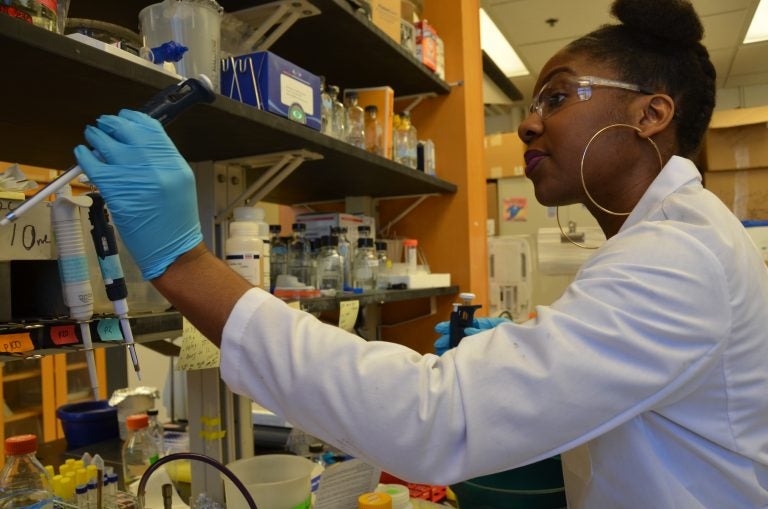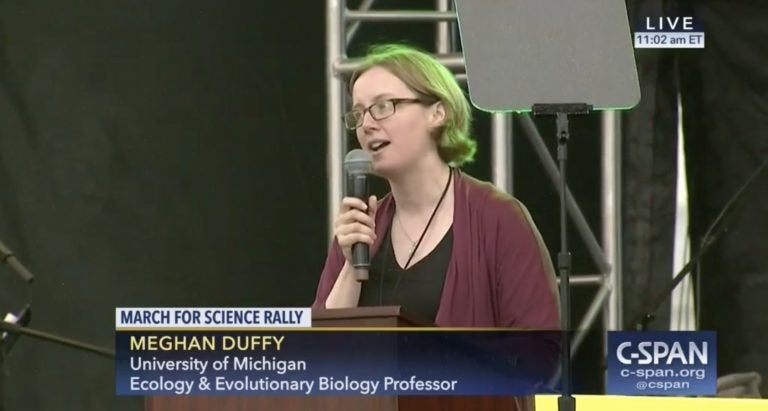Over the past several months, the University of Michigan has been squarely confronted with how to balance free speech with campus safety concerns and an inclusive campus environment. This post will set forth some of the legal issues UM must consider when making decisions about controversial speech and speakers on campus. The intent is to…
“It’s Not OK to be a Nazi”: In Search of Counter-Narratives as an Anti-Alt-Right Strategy
In late January and early February, timed no doubt to coincide with the celebration of Martin Luther King, Jr. Day and the start of Black History month, we began to hear internet-based, anticipatory “chatter” about yet another wave of racist, white supremacist posters on college campuses. These posters and fliers, which began appearing on campus…
Classics and the Alt-Right: Historicizing Visual Rhetorics of White Supremacy
On September 26, 2016, a white supremacist group calling itself “Identity Evropa” (@IdentityEvropa) used Twitter to announce a new campaign called #ProjectSiege. The campaign would target college campuses across the nation with eye-catching posters designed to glorify white European identity and the politics of the Alt-Right. Pairing glossy images of classical and Renaissance sculptures like…
The Refugee
Who is a refugee? A person of concern? An expellee? A stateless person? A migrant? A displaced person? The terminology is confusing at best, and perhaps deliberately so, for it obscures the acute state of dread, depravation, suffering and trauma that invariably characterizes the experiences of those who find themselves caught in the web of…
Crisis Democracy: Moral Struggle in American Politics
President Mark Schlissel and the UM Board of Regents are moving forward with neo-Nazi provocateur Richard Spencer’s request for campus space to host a speaking event. In a communication to the student body that emphasized his opposition to Spencer’s “vile” white supremacy, Schlissel nonetheless justified his decision in terms of a defense of democratic institutions.…
Failing Flint: Lessons from the Water Crisis
When we turn on our faucets, most of us take-for-granted that the water flowing from the pipes will be safe for consumption. The residents of Flint, an impoverished, heavily black community only an hour east of Ann Arbor, no longer trust that their water is safe—to drink, for cooking, or for bathing. You see, Flint’s…
How to Build a People’s University
By Emily Price, Kate Silbert, and Gregory Parker If you visited the bicentennial exhibit Forever Unfinished: Making and Remaking a Public University, you had the chance to stand behind the actual lectern used by university commencement speakers and consider what you would say if invited to give the keynote address. You might urge the graduates…
Refuting Charles Murray
Over the past several years, universities have sought to maintain campus environments that support free speech and diverse dialogue while keeping concerns about student safety and safeguarding the welfare of minority students at the forefront. Finding the right balance can be challenging, as we have seen on many college campuses. The upcoming lecture by Charles Murray is…
C.C. Little, Eugenics, and the Calvinism of Wellness
In order for the wheel to turn, for life to be lived, impurities are needed, and the impurities of impurities in the soil, too, as is known, if it is to be fertile. Dissension, diversity, the grain of salt and mustard are needed: Fascism does not want them, forbids them, and that’s why you’re not…
Looking a Little More Deeply into C.C. Little
I’ve been both pleased and concerned to see the recent attention to Clarence Cook Little, president of the University of Michigan from 1924 to 1929. Pleased, because while in my own research I have found him both admirable and objectionable, I have always found him fascinating. Concerned, because the recent attention to Little seems less…
Why the C.C. Little Building Should be Renamed
This post was originally published on April 12, 2017. In January 1928, Clarence C. Little delivered an address at the Third Race Betterment Conference in Battle Creek, Michigan, on the strides being made by scientists committed to the ideas and objectives of eugenics. Espousing the belief that society could and should be improved by stimulating…
Debating the Legacy of C. C. Little
Welcome to the Re-Launch of the LSA Blog! We’ll be debating the legacy of Clarence C. Little on campus this fall and whether the university ought to remove his name from the C.C. Little Building. A team of faculty colleagues, along with an undergraduate History Honors student who is writing his thesis on Little, worked…
Why I Marched for Science
I am a Pathways Master’s student in the Department of Molecular, Cellular, and Developmental Biology. In my lab we study biofilm formation in E. coli. Biofilms are made of individual cells that stick to one another and form a complex structure that is difficult to break apart. These communities can be up to 1000x more…
How I prepared for the biggest talk of my career: thoughts on speaking at the March for Science in DC
On April 22, I spoke on the main stage at the March for Science in Washington, DC, because I agreed with the march’s core principles – including regarding the need for diversity and inclusion in science, for evidence-based decision-making, and for strengthened funding for scientific research. In the weeks leading up to the march, I…
